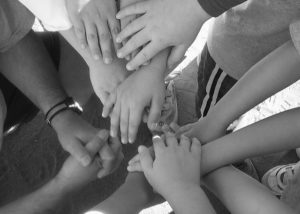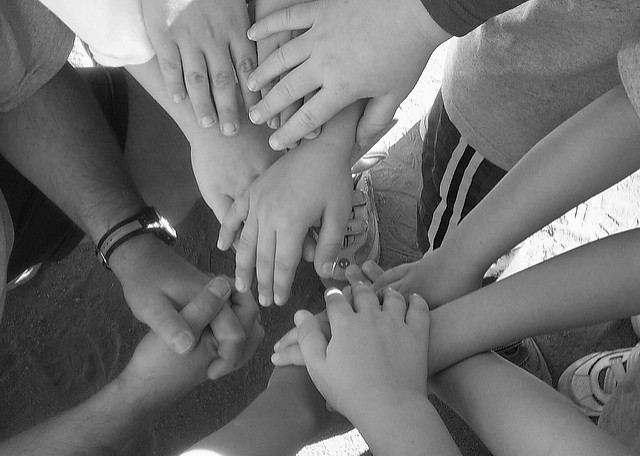
We all need one another to succeed. As the saying goes:
“If you want to go quickly, go alone, but if you want to go far, go together.”
If you want to be successful in life, you have to learn to put together a great team, or to join, support, and build a great team.
You will need other people’s help.
How do you build great teams?
It all begins with respect
Respect for the individual, and for the person.
Great teams are built on a foundation of respect.
There is an acceptance of each person’s uniqueness, talents, and unique contribution.
I can recall the times when people in the teams I were working with were forcing other people to act and do their work in a way dictated by other people.
There wasn’t a lot of autonomy and empowerment.
People need to be respected, and to feel respected, and to give respect in turn, for great teamwork, and thus, a great team, to emerge.
And it all begins with yourself.
I remember being the villain in the story. I had a boss and teammates who weren’t willing to work the way I envisioned the whole company would work. Needless to say, even though I was being polite, I didn’t give them the proper and due respect.
This resulted in disengagement, lost opportunities, misunderstandings, and a lot of needless emotional drama at the office.
Also, do you respect yourself? Maybe you’re playing the role of the victim. You have to respect yourself, and your opinions and views first, before anyone else does.
Build psychological safety
Project Aristotle, Google’s study on what makes great teams great, cites this as the most important factor to building a great and working team.
It’s safety. Psychological safety. Do people feel emotionally safe working around and with their team?
It seems simple enough, but it’s the small things, the details, the reactions, the little throwaway lines that people say, that have an impact on whether people feel safe.
I remember working with a team where no matter how wild an idea I’d throw out, it wouldn’t get shot down right away. I felt that people were allowing different ideas.
My boss there made me feel that it was safe to challenge his decisions and views. Of course he always had the final decision, but just the feeling that he was considering what I was saying and seeing, was a big morale booster for me.
And it made me feel safe, because I felt the environment was open enough for me to throw out my ideas, and if ever I’d make a mistake, it wouldn’t be counted against me.
That’s psychological safety – a feeling that you can be and show yourself, without any fear that doing so would reap negative consequences.
Set clear expectations
This I cannot stress enough.
For a great team to emerge, the expectations have to be crystal clear.
What is the expected output from the whole team? What do the members expect from each other? And how these can be fulfilled?
Because the most dangerous expectations, are the unclear, unsaid expectations.
These need to be stated so that team members have a chance to clarify, whether the expectation is related to job, the results, or a relationship.
You don’t want team members going about “in the dark”.
Remember, when it comes to building a great team, it’s not just what you do, but how you do it.
Develop trust
If respect is present, given, earned, accepted, then trust begins to form.
If people feel safe enough to be themselves, then trust begins to form.
If people feel it’s OK to make mistakes, then trust begins to form.
If the expectations are clear, then people can focus on the work at hand.
If a team has trust, then things go smoother and faster. There is less emotional and mental red tape to go through, and
If a team doesn’t have a good level of trust, then things get slower to implement, there’s more confirming, double-checking, and maybe not a lot of people willing to take risks just to make things happen.
At the end of the day, the respect, and the safety, brings about the trust, which makes it easier for people to work together, which brings about great results.
Trust in a team isn’t about what needs to be done, but how things are done.
Are people serving as role models? Being dependable, clear? Or do people flake, and talk behind each other’s back?
Building a great team sounds simple enough, but it’s the moment to moment commitment and focus that will get you there.
What helps you build great teams? Please share in the comments below!

Leave a Reply